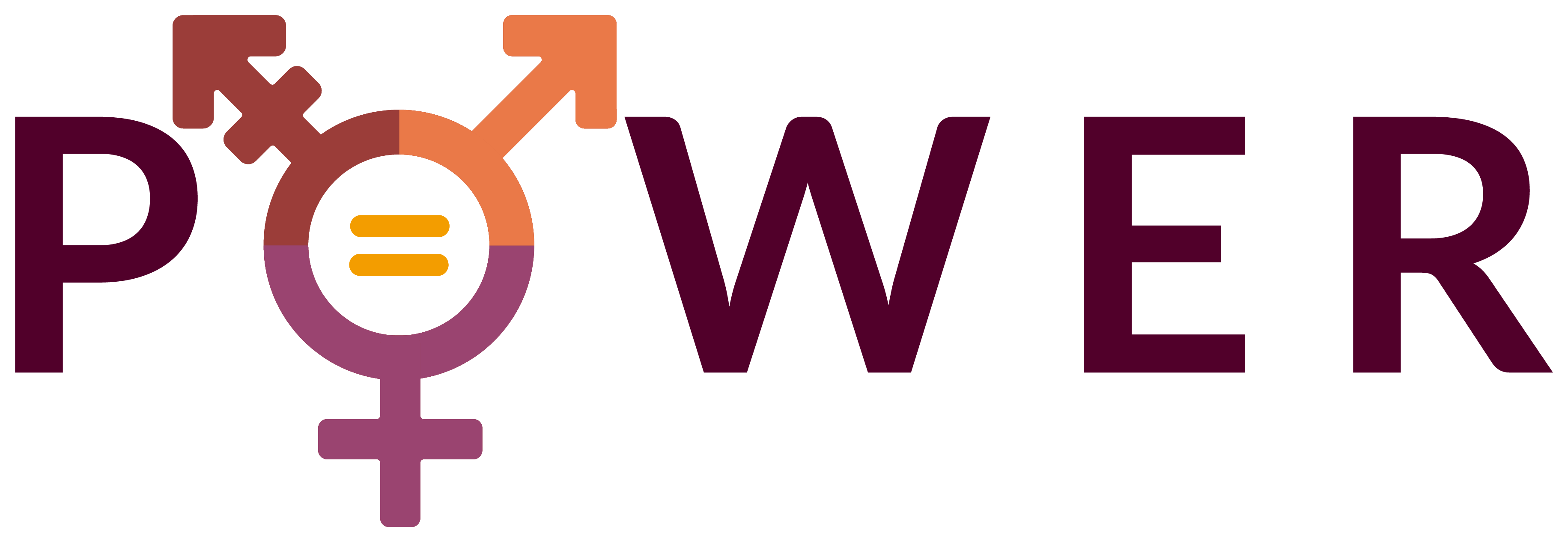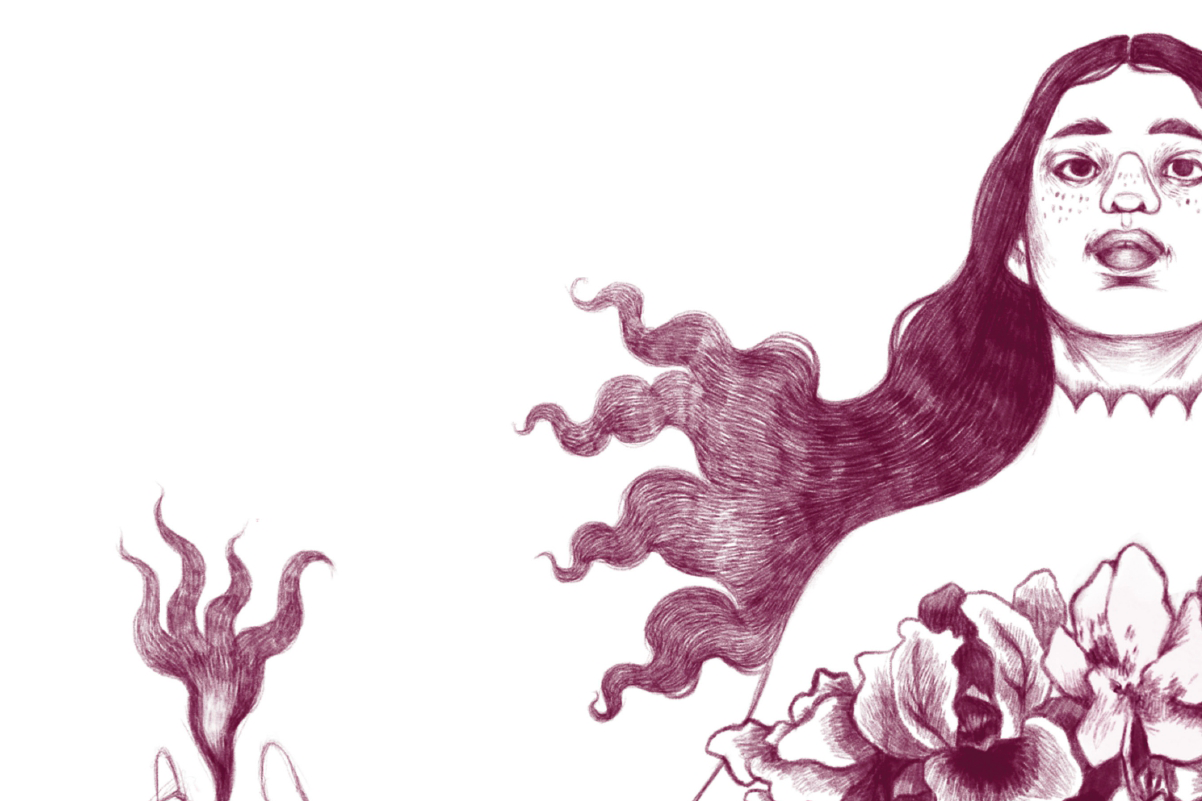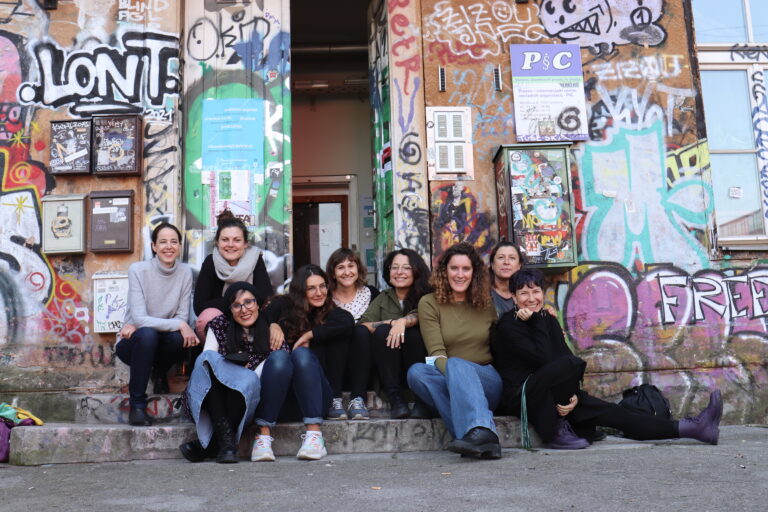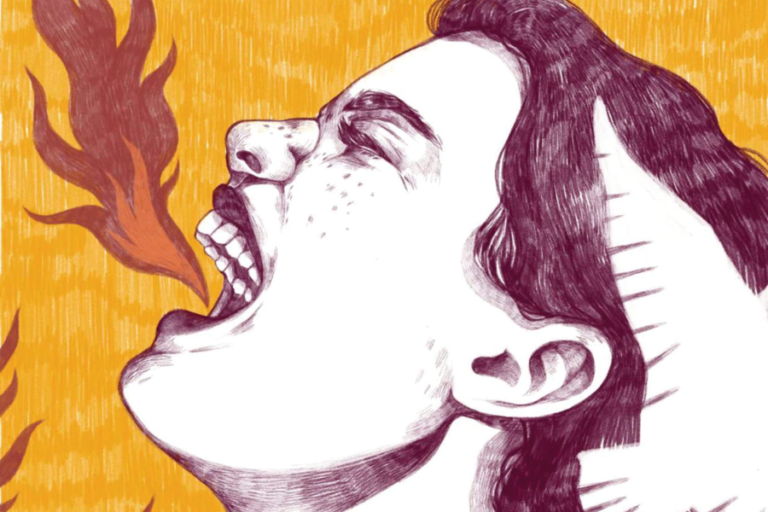Patriarchy is a social system that codifies relationships in relation to gender and power distribution. It transforms “men” into people with a fragile identity that must be continually reasserted through an armour associated with violence, strength, competitiveness, unlimited sexual potency, or dangerous game of law and rule-breaking. This continuous demand leads them to flirt with danger and aggression, coupled with self-assertion through the denial and subjugation of others, be they women or other groups they identify as rivals or objects of use.
Similarly, women grow up attached to what a “woman” should and should not be. Physical appearance, acceptance by the partner, impossible union of seduction and modesty, sexual availability but responsibility in the face of external aggression, obligatory motherhood in order to be a “complete woman”, immolation for the partner and children, continuous and unpaid responsibility of family burdens and care, dependence…, all this associated with a devalued social image of what is considered “feminine”: private vs. public, irrationality vs. rationality, minority of age, systematic elimination in history of all feminine traces related to culture, science, economics, politics or education, association of women as a body/sexual object for male consumption, lower incomes and social respect, unequal and unfair economic distribution, lack of dignified social representation and a general lack of recognition beyond the family.
The guide we developed within the Power project is structured around artistic images, chosen by young people during several workshops, all of which can raise debates about how masculinity and femininity are constructed, how binary gender mandates can plague the mind and identity construction of women and men and generate emotional tension, and provoke emotional pain. Above all, this guide wants to offer tools so that young people can build themselves in freedom and respect for others, developing a critical, diverse and multicultural thinking.




